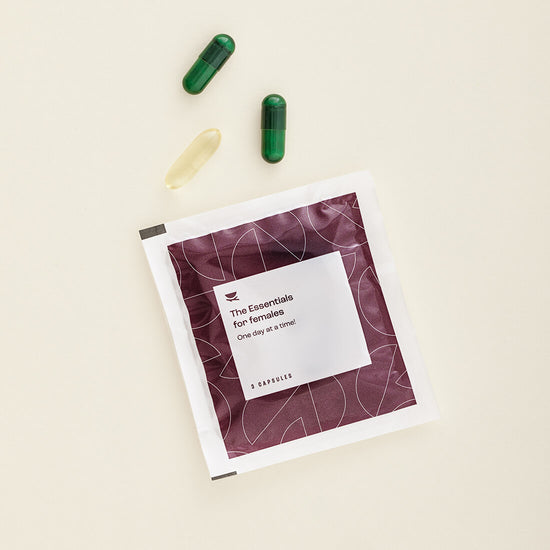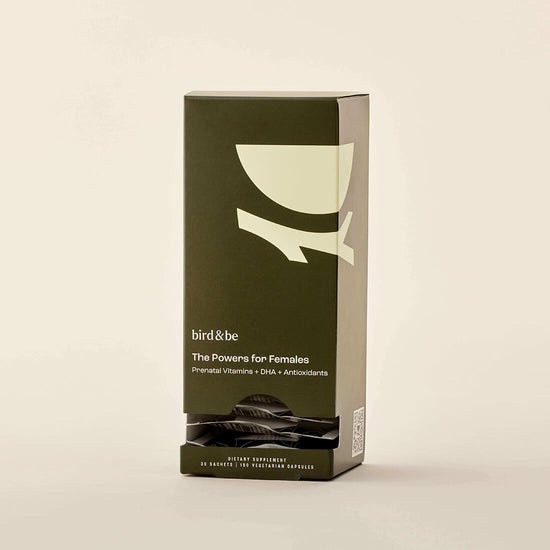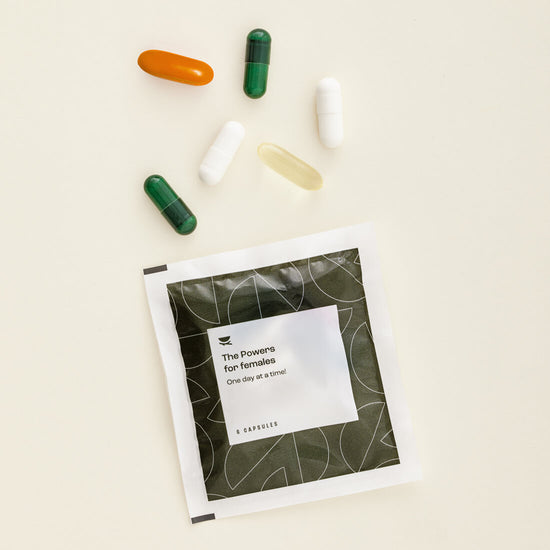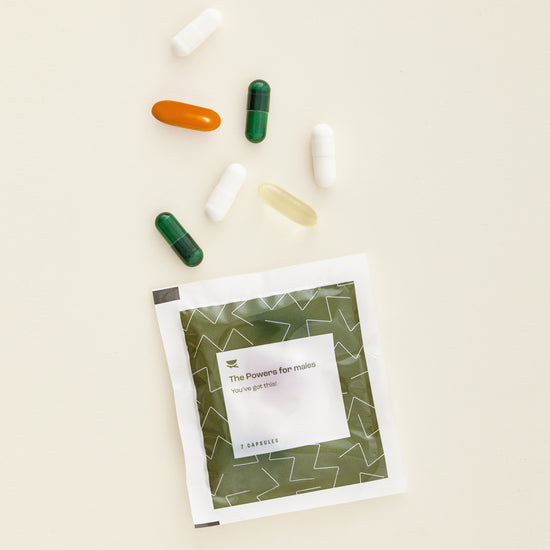Benzene may not be on your radar until you hear about it due to product recalls—which often ignites fears about what is in your personal care products and how you can determine the truly harmful from the overblown. Either way, you have questions: what is benzene, how dangerous is it and what if you’re trying to conceive or are pregnant? Let’s unpack the harms associated with benzene and talk about what you can do to reduce your exposure.
What is benzene?
Benzene is a clear, colourless chemical that is toxic and highly flammable. (The level of toxicity is reliant on the level and method of exposure.) It’s a carcinogen, meaning that in animals and humans it can cause cancer. The majority of our exposure to it happens by inhalation and being able to smell it is a good indicator of an acutely dangerous concentration (one and a half to five parts per million (ppm) , though high levels are considered around 200 ppm. If you swallow or consume something with benzene in it, it can cause can stomach irritation, nausea, vomiting, and diarrhea. As little as 15 millilitres or 50 mg/kg body weight can be lethal.
Benzene comes from the processing of crude oils and is therefore found in gasoline. When the refinery of these oils isn’t done properly, dangerous chemicals like benzene can slip through and be found in the end consumer product. Industrially, it’s used to make different plastics, rubbers, dyes, detergents, pesticides, nylon and synthetic fibers. Most recently, and notably, benzene has been found in aerosol hair and body products from contaminated aerosol propellants.
What products contain benzene?
Although natural sources include volcanoes and forest fires, humans are exposed to low levels of benzene from motor vehicle exhausts, gas stations and industrial air pollution. Benzene is currently in the top 20 for chemicals used in the United States for making industry products like pesticides, fibers, lubricants, dyes and detergents. However, another major source for humans is cigarette smoke.
Since it’s a product of crude oil processing, we’re finding it more in body and hair products that use aerosol propellants (spray products). This includes spray sunscreens, body and foot deodorant sprays and dry shampoo sprays.
Does benzene affect fertility or pregnancy?
With high exposure, benzene can cause irregular periods and decrease the size of the ovaries. In pregnant animals (as we don’t have much human data in pregnancy), breathing benzene has been shown to delay bone formation, damage bone marrow, and lead to low birth weights in offspring.
How can you avoid benzene?
You can avoid benzene exposure by not smoking and avoiding second-hand cigarette smoke, which should hopefully be something you’re already doing if you’re pregnant or trying to conceive. Other measures that have been put into place include rubber collars around pump handles at gas stations to reduce inhalation exposure.
Increasingly concerning is the number of body and hair product recalls that have taken place in the last few years due to benzene contamination. The products affected are typically aerosol products like dry shampoos, spray sunscreens, and deodorant sprays. (The recent recall on all our minds was a voluntary recall from Unilever, parent company of personal care brands like Dove, Nexxus and TRESemmé. Keep in mind this was done due to the potential of elevated benzene in products containing a propellant and Health Canada has urged consumers to immediately stop using the recalled Unilever products and to follow the instructions on the product packaging for disposing them safely.)
What swaps can you make for common sources of benzene?
If you are concerned about benzene exposure, your best course of action is to avoid aerosolized products. Ditch these spays, including hair sprays, body sprays, spray sunscreens. Instead, use cream or lotion-based sunscreens, rub-on or roll-on deodorants and non-spray or non-aerosolized spray hair products. If you can pick up on the smell of gasoline, ensure your area is properly ventilated, get out into some fresh air away from the smell and avoid deep inhalations around gasoline odors.









